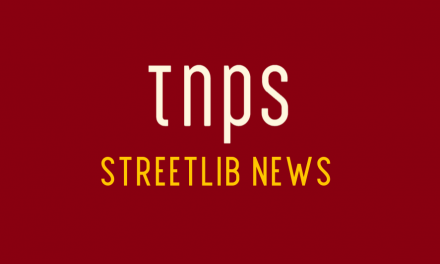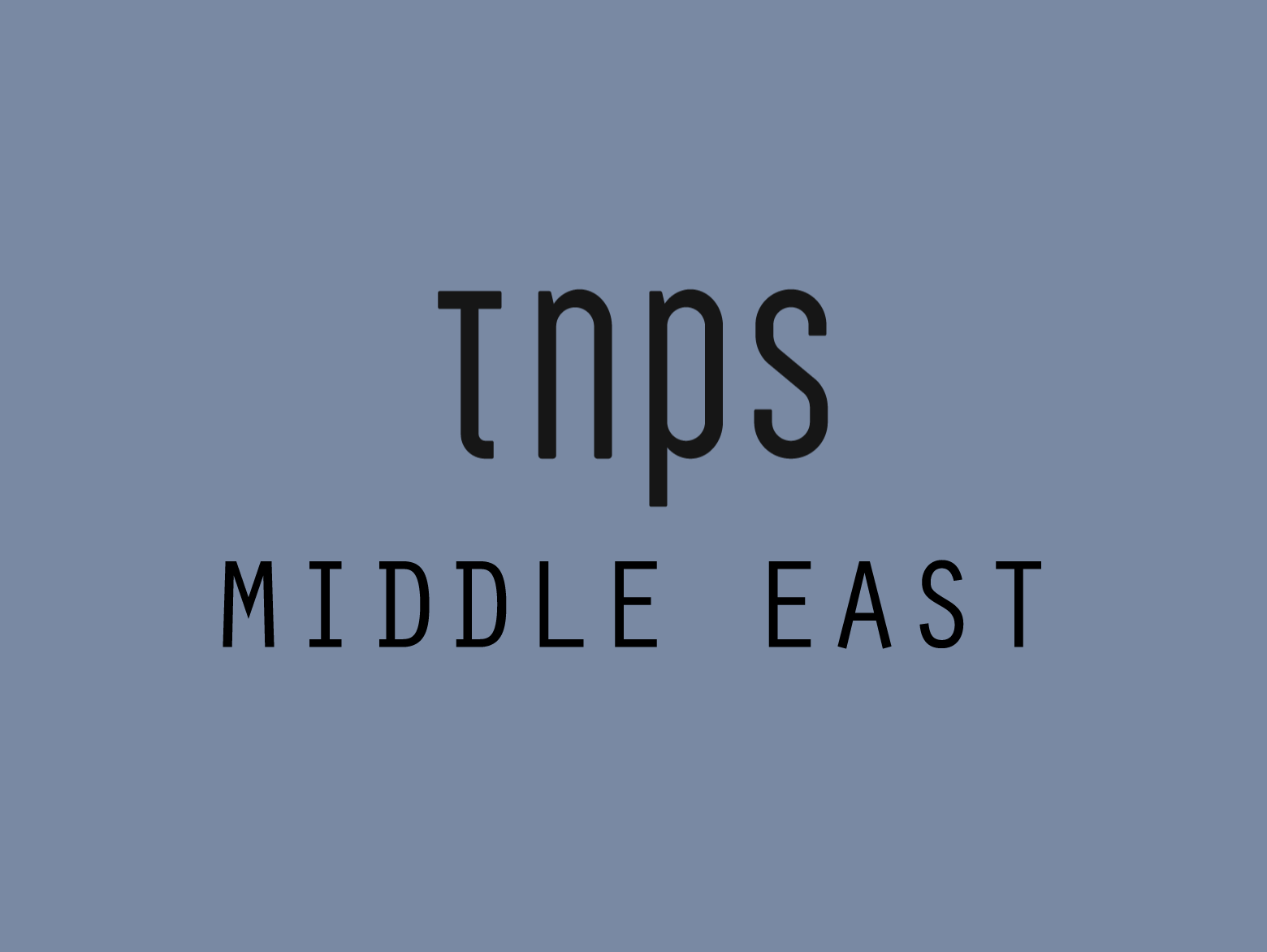This is what audio publishing looks like when unlimited resources meet irreplaceable IP and total platform control.
When Audible announced its spectacular reimagining of the Harry Potter series – featuring a full cast of over 100 actors, an orchestral score, and immersive sound design – the publishing industry took notice.
This ambitious production represents a watershed moment for audio publishing, simultaneously demonstrating the extraordinary potential of the format while illuminating its practical limitations for the vast majority of publishers. It is, in every sense, an outlier event that demands careful analysis rather than breathless imitation.
The Scale of Ambition
To understand why this production stands apart, we must first grasp its sheer magnitude. This is not simply an audiobook with multiple narrators – a format that has become increasingly common. This is a full-cast audio drama production that happens to be based on a book, complete with theatrical performances, professional orchestration, and sound engineering that rivals major film productions. The investment required for such an undertaking is staggering: casting directors, a stable of experienced voice actors, musicians, composers, sound designers, studio time, and the extensive post-production work necessary to weave these elements into a cohesive whole.
Consider the practicalities: coordinating schedules for dozens of performers, managing the rights and residuals for such a large cast, the iterative process of directing performances to ensure consistency across what amounts to tens of hours of content, and the technical complexity of mixing dialogue, music, and sound effects into a seamless listening experience. The production timeline alone likely spanned many months, if not years, from conception to completion.
This is a project measured not in thousands but in millions of dollars – a budget that places it firmly in the realm of television or feature film production rather than traditional audiobook publishing.
The Unique Convergence of Factors
What makes the Audible Harry Potter production feasible is an extraordinary convergence of factors that may never align again quite so perfectly:
The IP itself is unparalleled. Harry Potter stands among a tiny handful of literary properties with truly global recognition and multi-generational appeal. It has already proven its value across multiple formats and platforms, from films to theme parks to stage productions. The series has demonstrated an almost unique capacity to justify massive investment and deliver substantial returns. There are perhaps fewer than a dozen literary properties worldwide that could credibly warrant this level of production investment.
Amazon’s vertical integration creates a closed ecosystem. Audible doesn’t merely produce audiobooks – it controls the primary retail platform through which they’re consumed. This eliminates the margin pressure and revenue-sharing complexities that would make such a project economically questionable for independent producers, even at the Big Four level. Amazon can invest heavily in the knowledge that every dollar spent on production feeds directly into its own platform, driving subscriptions and reinforcing its market dominance. The promotional apparatus available through Amazon’s ecosystem – from targeted recommendations to prominent placement to cross-promotion across its various properties – is unmatched in the industry.
The guaranteed audience eliminates risk. Unlike speculative productions that must build an audience from scratch, this project begins with a passionate, pre-existing fanbase numbering in the hundreds of millions. The Harry Potter community has repeatedly demonstrated its willingness to re-consume the same story in new formats. Success isn’t merely likely; it’s essentially guaranteed. This certainty justifies an investment that would be unconscionable for nearly any other property.
The timing capitalises on format maturation. Audio drama has experienced a renaissance in recent years, with podcasts and audio-first productions training audiences to appreciate sophisticated sound design and multi-voice performances. Listeners now have the technology, the habits, and the expectations that make such a production viable in ways it might not have been a decade ago.
The Question of Control
For publishers considering ambitious audio projects, the issue of platform control deserves particular attention. Amazon’s ability to guarantee prominent placement and algorithmic favour for its productions fundamentally alters the risk-reward calculation. An independent publisher investing millions in a comparable production would face the prospect of being just another title in a crowded marketplace, subject to the whims of algorithms and platform priorities they don’t control.
Without owning the primary distribution channel, even a brilliantly executed production could languish in obscurity, its investment unrecoverable. The economics of audio publishing already favour platform owners; the economics of ultra-premium audio production make platform ownership practically essential. This creates a troubling concentration of power and a significant barrier to entry that threatens to stratify the industry further.
Would it be worth a major publisher investing at this scale if they must then hope for favorable treatment from the very platforms competing with them in production? The answer for most will be a reluctant negative.
The Implications for the Industry
What, then, should publishers take from this development? The Harry Potter production proves that audiobooks can be elevated to an art form that rivals any other entertainment medium. It demonstrates that audiences have an appetite for ambitious, immersive audio experiences and are willing to engage with content of substantial length and complexity. These are valuable insights.
However, the replicability problem is profound. The vast majority of publishers lack:
- IP with sufficient commercial gravity to justify the investment
- The vertical integration to control production, distribution, and retail
- The capital reserves to fund productions at this scale
- The platform infrastructure to guarantee audience reach
- The guaranteed audience to eliminate downside risk
This doesn’t mean the project offers no lessons for the broader industry. Publishers can and should explore enhanced audio productions within their means: thoughtful casting for multi-narrator productions, strategic use of sound effects or subtle musical elements, investing in higher production values where budgets allow. The gradient between a standard single-narrator audiobook and the Harry Potter spectacular contains numerous intermediate positions that may offer attractive value propositions.
The key is calibrating ambition to realistic constraints. A mid-sized publisher might productively invest in a premium audio production of a promising title – perhaps featuring two or three narrators, light sound design, and professional direction – at a fraction of the cost of the Harry Potter project while still delivering a meaningfully enhanced experience. Such productions can serve as proof-of-concept for format innovation without requiring unrealistic investments.
The Danger of Misreading the Message
Perhaps the greatest risk is that this production will inspire misguided imitation. Publishers feeling pressure to “do something bold” in audio might overextend themselves chasing a model that simply cannot work at their scale. The graveyard of publishing is littered with companies that tried to compete with Amazon on Amazon’s terms, using Amazon’s strategies, but without Amazon’s resources or structural advantages.
The prudent response is not imitation but thoughtful adaptation – taking the spirit of ambition and format innovation while working within realistic operational and financial constraints. It means understanding that not every success story offers a roadmap, and some achievements are valuable precisely because they aren’t replicable, serving instead to expand our sense of what’s possible within the medium.
An Admirable, Ambitious and Audacious Outlier
The Audible Harry Potter production is admirable, ambitious, and audacious. It will almost certainly be a tremendous success, delighting fans and generating substantial revenue. It represents a genuine artistic achievement that pushes the boundaries of what audiobook production can be.
But it is also an outlier – a singular convergence of unique IP, unprecedented resources, vertical platform integration, and guaranteed audience that creates conditions unlikely to be replicated in any meaningful way. For the publishing industry at large, it should be appreciated as a proof of concept for the format’s potential rather than a template for emulation.
The real value lies not in attempting to copy the scale, but in absorbing the lesson that audio is a medium rich with creative possibility, deserving of thoughtful investment and genuine artistic ambition within the constraints each publisher faces. The challenge is to find the sustainable, repeatable innovations that can elevate the broader market rather than chasing the spectacular exception that proves the rule.
In the end, we can admire the achievement while acknowledging the reality: this is what audio publishing looks like when unlimited resources meet irreplaceable IP and total platform control. For everyone else, the path forward requires different maps entirely.
This post first appeared in the TNPS LinkedIn newsletter.





